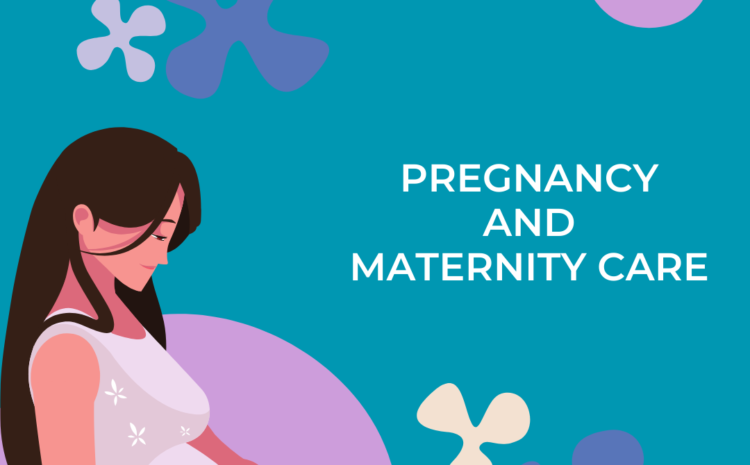
Pregnancy and Maternity Care: Understanding Coverage Options for Expectant Parents
Pregnancy is a beautiful journey filled with anticipation and excitement, but it also comes with a host of healthcare needs. As expectant parents, understanding your health insurance coverage options for pregnancy and maternity care is crucial for ensuring a smooth and stress-free experience. In this guide, we’ll explore the various coverage options available to expectant parents, empowering you to make informed decisions about your maternity care.

The Basics of Maternity Coverage:
Maternity coverage typically includes a range of services aimed at supporting expectant mothers throughout their pregnancy journey. From prenatal check-ups and ultrasounds to childbirth and postpartum care, comprehensive maternity coverage ensures that both mother and baby receive the necessary medical attention.
Types of Maternity Coverage:
There are several avenues through which expectant parents can obtain maternity coverage. Employer-sponsored health insurance plans often include maternity benefits as part of their coverage offerings. Additionally, individual health insurance plans may provide maternity coverage, although the specifics can vary widely depending on the plan. Government programs such as Medicaid and the Children’s Health Insurance Program (CHIP) also offer maternity coverage to eligible individuals and families.
Understanding Maternity Benefits:
Maternity benefits encompass a wide range of services and treatments designed to support expectant mothers before, during, and after childbirth. These benefits may include prenatal care, delivery and hospitalization expenses, newborn care, breastfeeding support, and postpartum check-ups. Understanding the scope of your maternity benefits is essential for planning and budgeting for your pregnancy and childbirth experience.
Considerations for Choosing a Maternity Plan:
When selecting a health insurance plan with maternity coverage, there are several factors to consider. These may include the cost of premiums, deductibles, copayments, and coinsurance. Additionally, it’s essential to assess the network of healthcare providers included in the plan to ensure access to quality maternity care services.
Coverage for High-Risk Pregnancies:
For expectant mothers with high-risk pregnancies or pre-existing medical conditions, comprehensive health insurance coverage is particularly important. High-risk pregnancies may require specialized medical care and monitoring, and having adequate insurance coverage can help alleviate the financial burden associated with such conditions.
Planning for Maternity Expenses:
Pregnancy and childbirth expenses can add up quickly, so it’s essential to plan ahead and budget accordingly. Understanding your insurance coverage, including potential out-of-pocket costs, can help you prepare financially for maternity-related expenses. Consider exploring options such as flexible spending accounts (FSAs) or health savings accounts (HSAs) to help cover medical costs associated with pregnancy and childbirth.
Navigating pregnancy and maternity care can be overwhelming, but understanding your health insurance coverage options can provide peace of mind during this exciting time. By exploring the various coverage options available and planning ahead for maternity expenses, expectant parents can ensure that they receive the comprehensive care they need for a healthy pregnancy and childbirth experience.



